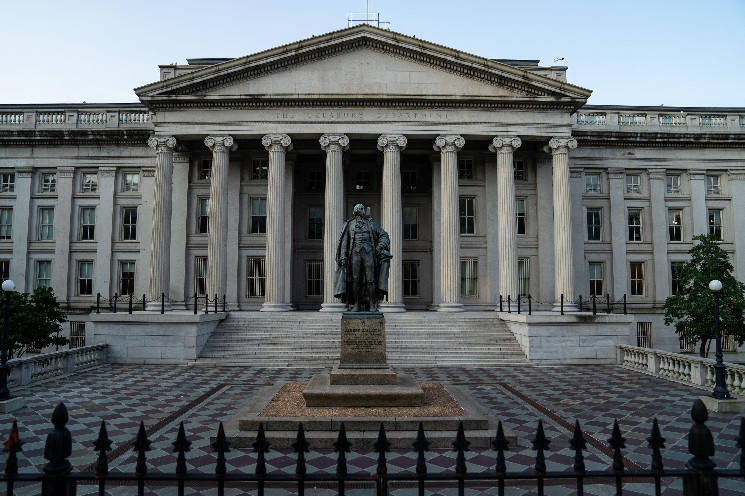With cryptoassets and the associated conversations becoming increasingly mainstream and accepted by virtually every individual and institution in the United States (and abroad), the calls for more consistent, comparable, and clear regulation and policy are only increasing in volume. The SEC, long viewed (and correctly so), has been viewed as the major obstacle to effective and enforceable crypto-specific regulation, but that is only part of the regulatory picture. Notably, even as the SEC has suffered multiple legal setbacks and has undergone turnover at prominent positions within the cyber enforcement division, Gary Gensler’s regime still casts a long shadow of the sector at large. Congressional hearings and calls for his resignation aside, the Chairperson seems unlikely to change course and may still play an important regulatory role depending on the outcome of the 2024 Presidential election.
The IRS is another regulator that is often pointed to as to where efforts should be brought to bear to change the regulatory attitude and outlook for cryptoassets. Such an approach makes sense from a practical perspective; with every transaction (no matter how small) generating tax liabilities for U.S. investors and users the likelihood of broader adoption and usage remains curtailed. Admittedly the IRS has been very public in issuing pronouncements and opinions of crypto taxation, but based on these pronouncements it seems unlikely that a dramatic shift in the tax treatment of cryptoassets will occur in the near to medium term. Since neither the IRS nor the SEC seem likely to undergo a wholesale change in policy or enforcement mechanisms, and Congress appears unable to achieve legislative change, the Treasury increasingly appears as a logical place to focus advocacy efforts.
Let’s take a look at a few of the ways that the U.S. Treasury has already influenced crypto policy, and how crypto investors and advocates could leverage that influence to pursue pro-crypto positions moving forward.
Vague Treasury Statements Provide An Opportunity
The Treasury has convened multiple studies, including the Report on Digital Asset Financial Stability Risks and Regulation, released by the Financial Stability Oversight Council in 2022. Following the issuance of an Executive Order urging regulatory bodies to work more closely together to regulate the crypto industry, the report sought to provide a foundation from which more comprehensive rules and frameworks could be constructed. In the report, Treasury Secretary Yellen emphasized the benefits of crypto to spur innovation, but also concluded that these activities could pose a systemic risk to the U.S. financial system.
Following the issuance of the report there has been very limited direct guidance from the Treasury on crypto regulatory matters, and interagency cooperation has been (at least publicly) minimal best. Given the rapid growth of TradFi instruments and investment into the crypto sector, crypto policy, crypto advocates and policy advisors are well positioned to argue the opposite. Instead of posing systemic risk to the U.S. financial system and institutions, crypto investment and innovation has proven a lucrative, widespread, and has the potential to strengthen the U.S. financial system.
Stablecoin Policy Has Been A Priority
Stablecoins have quickly moved from a relatively niche policy and focus area to one that continues to attract investment and interest from across the TradFi, and even governmental, sectors. As global institutions such as PayPal debuted a native stablecoin, which has seen rapid growth since integration with the Solana
The Treasury has also taken a keen interest in the adoption of stablecoins, although the focus brought to bear has tended to be around enforcement actions, restricting the use of stablecoins to potentially evade sanction, and to prevent broader use of stablecoins for unethical and illegal purposes. Regardless of where regulatory attention has been focused to date, the importance of stablecoins for the DeFi sector, cryptoasset onboarding at TradFi institutions, and the ability of consumers to use crypto as a medium of exchange will not be diminished. The fact that virtually every aspect of the financial sector has pivoted to embracing stablecoins should be seen as a positive indicator for the sector and potentially more forward looking rule-making.
Crypto policy conversations have come a long way, but forgetting to include the Treasury would be a detriment to the crypto sector and entrepreneurs therein.
 forbes.com
forbes.com
